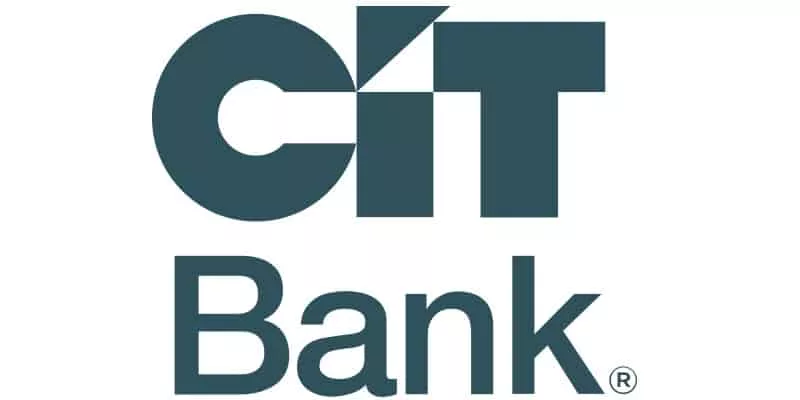Investing is not a one-size-fits-all strategy for wealth building. That's why we suggest empowering yourself with resources that can help you make well-informed investing choices for a promising financial future.
With insights from 10 different investing guides, “Investing All-in-One For Dummies”, by Eric Tyson, provides you with a comprehensive approach.
Investing for beginners books
We found “Investing All-in-One For Dummies” to be an easy to follow guide that will help you:
- Set your investment goals.
- Understand what you're buying to minimize tax implications and develop a well-rounded investment strategy.
- Make informed decisions on when to buy, hold, or sell an investment to maximize returns. This will help you discover your style of investing ⏤ whether it be a diamond hands investor where you won't panic and sell your holdings during market volatility or a paper hands investor who sells at the first sign of trouble; or somewhere in between.
- Cut-out the middle man by using online investing apps and online broker platforms to execute trades.
- Explore real estate investing opportunities and where to get funding.
- Evaluating contemporary investment trends such as cryptocurrency and environmental, social, and governance (ESG) investing.
More Tips Beginner Investors
- Know what you are investing for. Savings? Retirement? A down payment on a house? A child's education? Once you know your goals, you can start to make decisions about how and where to invest your money.
- Understand your risk tolerance. How much risk are you comfortable taking with your investments? If you're not sure, start by taking a risk assessment quiz.
- Do your research. Before you invest in anything, make sure you understand what you're buying. Read the prospectus, research the company or fund, and talk to a financial advisor if you need help.
- Start small. You don't have to invest a lot of money to get started. Even if you can only invest $50 or $100 a month, that's a good start.
- Diversify your portfolio. This means investing in a variety of different assets, such as stocks, bonds, and mutual funds. This will help to reduce your risk if one asset class loses value.
- Invest for the long term. The stock market is volatile, but over the long term, it has trended upwards. If you can invest for 10, 20, or 30 years, you're more likely to see good returns.
- Rebalance your portfolio regularly. This means selling some of your winners and buying more of your losers. This will help to keep your portfolio balanced and reduce your risk.
- Automate your investments. This means setting up automatic transfers from your checking account to your investment account. This will help you to stay disciplined and invest on a regular basis.
- Don't panic. The market will go up and down. Don't panic and sell your investments if the market takes a downturn. Just stay calm and ride out the storm.
- Get help from a financial advisor. If you're not sure where to start, or if you need help creating a financial plan, talk to a financial advisor.
Saving vs. Investing
Saving money is essential for emergencies and short-term needs but investing addresses long-term financial goals and provides a pathway to achieving financial stability and prosperity.
As long as you recognize that investing carries risks, requires research, and a well-thought-out strategy, your financial outlook will benefit far more than simply stashing money, even in a high-yield savings account.
The average stock market return is about 10% per year, as measured by the S&P 500 index.
The S&P 500 serves as a prominent stock market index, widely regarded as a barometer of the overall performance of the stock market. It comprises approximately 500 of the most significant companies in the United States, offering a comprehensive snapshot of the market's health and trends.













